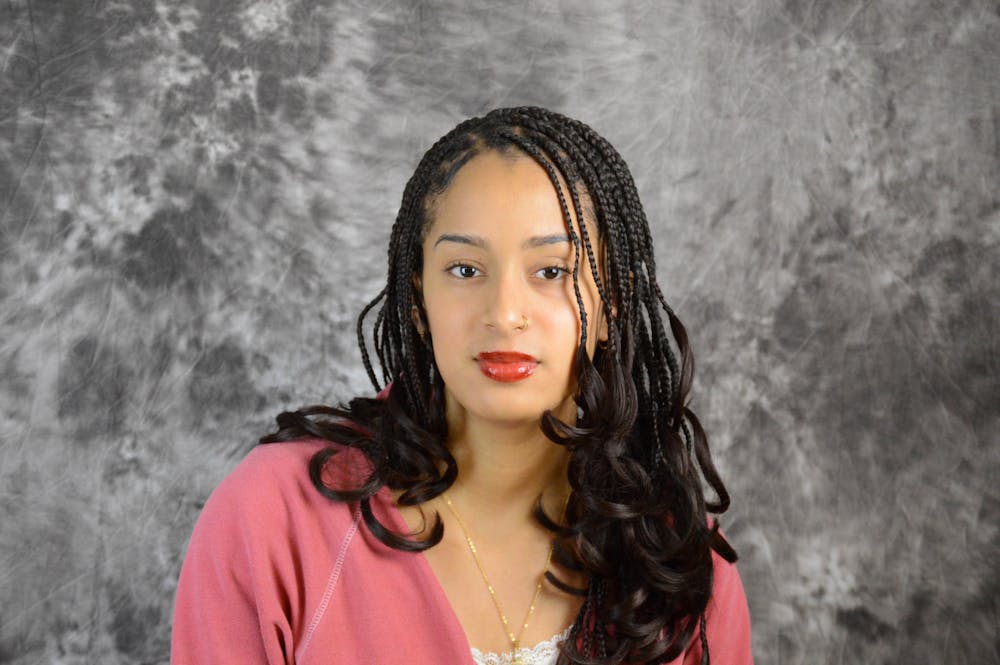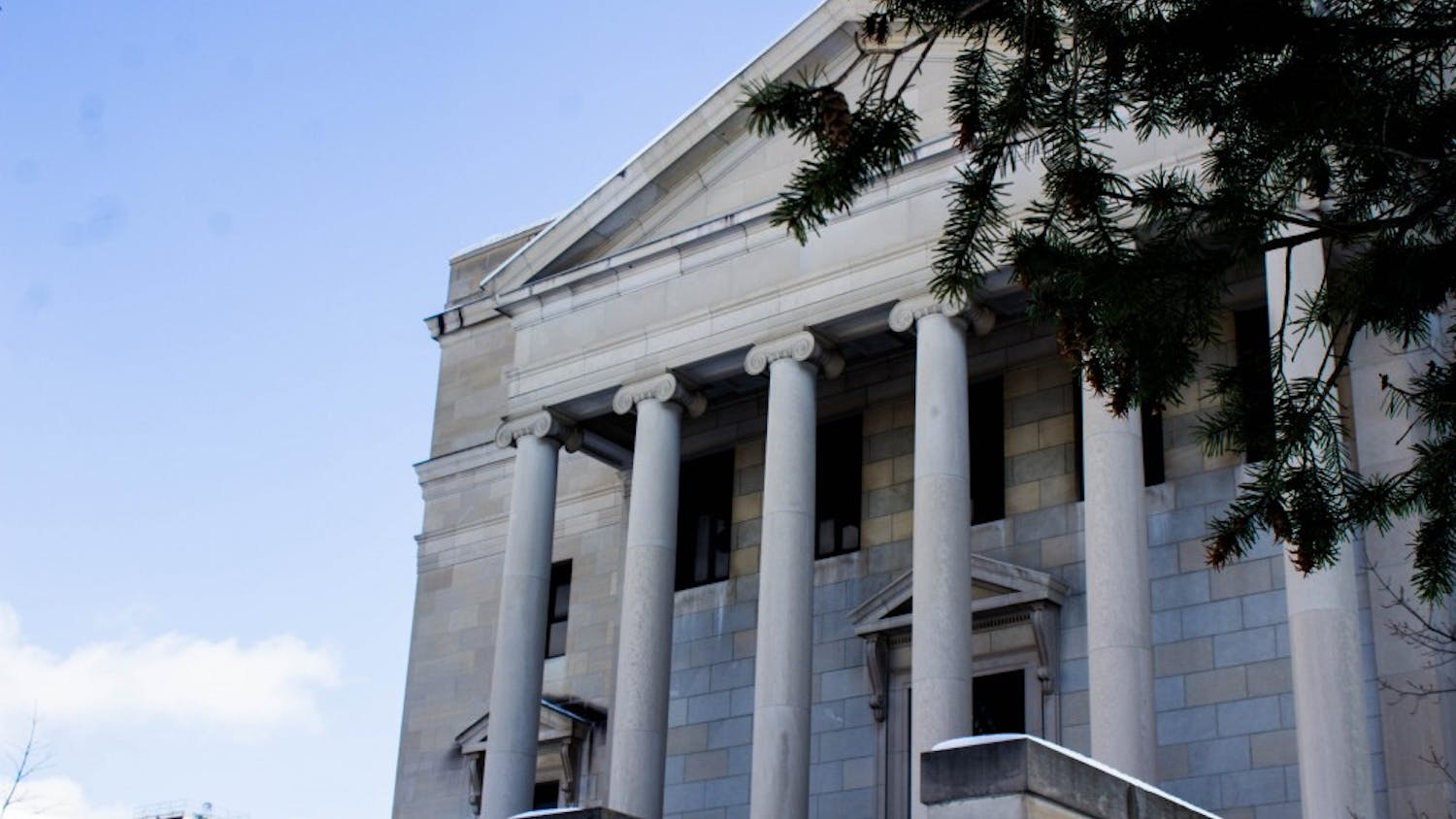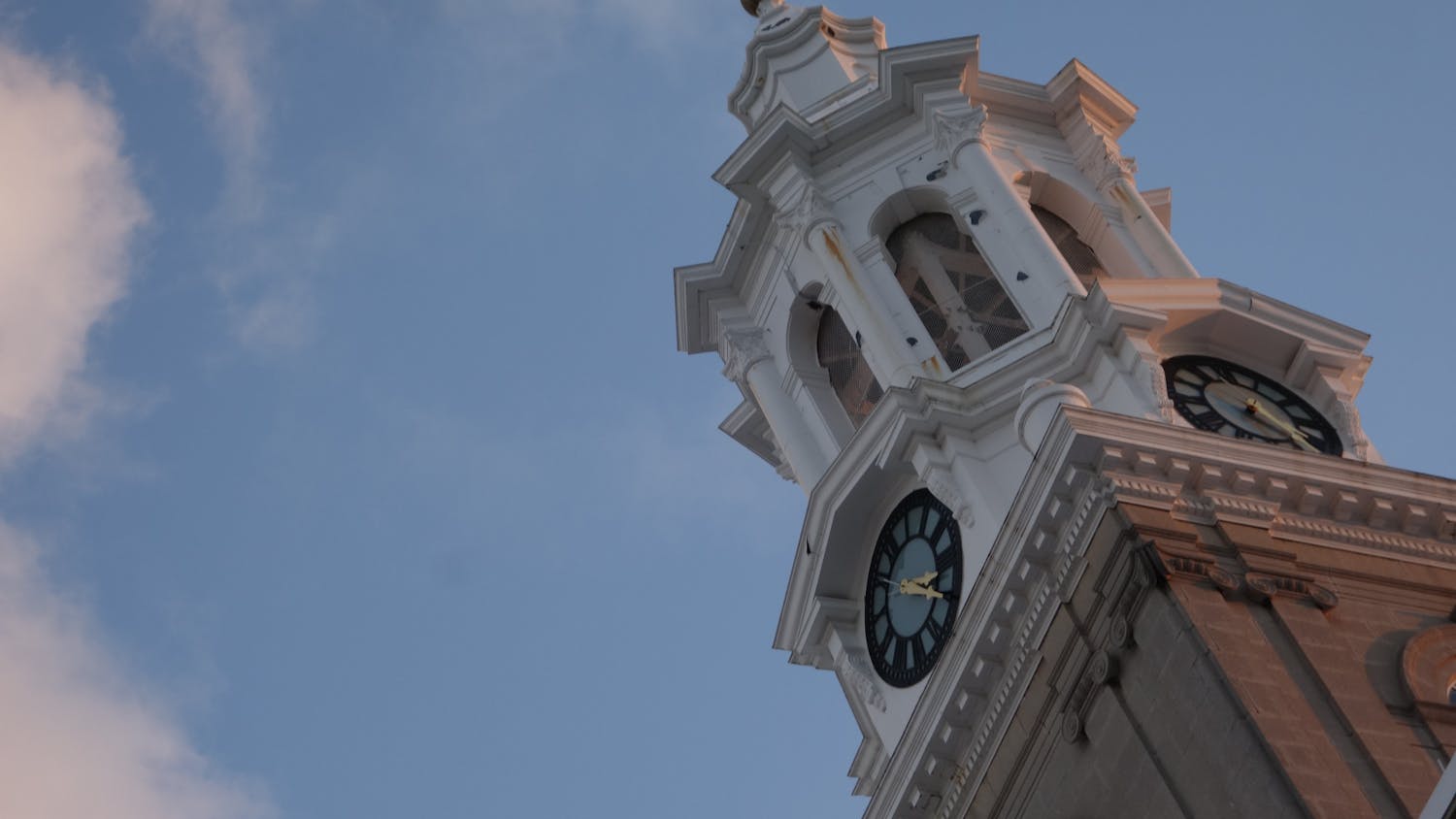The First Amendment of the U.S. Constitution guarantees freedom of speech, the press and assembly — yet these rights are currently under attack.
Across the country, media outlets, schools and public spaces are increasingly restricting speech. The reversal of centuries' worth of oppressive and exclusionary policies are now being framed as a violation of neutrality — when in reality, it is a long-overdue correction of systemic injustices.
Sarah Inama, a teacher at Lewis and Clark Middle School in Idaho, was instructed by the local school administration to remove a sign that stated, "Everyone in this room is welcome, important, accepted, respected, encouraged, valued and equal." The district claimed the sign “violated” the policy of content neutrality, and Inama was told by administrators that, "in today's political environment, it is considered a personal opinion."
The irony is that true neutrality means recognizing everyone’s worth, but silence is being considered as neutrality instead. What was once considered the foundation of American democracy is now under threat by policies that suppress free expression.
This is not an exaggeration — this is reality, and we are living in it.
So you're telling me that reinforcing inclusivity and belonging is a violation, while silence on these values is considered neutral? Because acknowledging everyone's worth is somehow a political statement simply because not all people believe the same? It’s not neutrality — it’s suppression.
I'm disappointed to see that in light of the new wave of anti-diversity, equity and inclusion (DEI) policies, several news organizations are either silent or amplifying divisive rhetoric that fuels discrimination against marginalized communities. Silence from these influential sources only serves to maintain the status quo rather than advocating for the communities that need support the most.
For instance, a New York Post article misrepresents the broader conversation surrounding DEI programs by selectively using a single study critical of their effectiveness. While the study offers valid points, the article's framing ignores the extensive amount of research that supports DEI initiatives and their role in supporting inclusivity. Instead, it singles out one critique, portraying these programs as inherently harmful. This creates a misleading narrative.
To put it simply, the rollback of DEI policies is being used as a justification for discriminatory practices. Those who claim that DEI reinforces stereotypes about “different” groups being singled out forget that the only reason DEI exists is to address the harmful impact of discrimination in the first place.
Now, we are also witnessing international students exercising their First Amendment rights — only to have their visas revoked — while domestic students face expulsion or even the loss of their opportunity to graduate. Columbia alumni have protested these actions by tearing their diplomas, standing in solidarity against these injustices.
While these actions contradict the First Amendment, several executive measures have been strategically used to suppress free speech — a way to dissolve those who dare to express themselves in the media. Even students who peacefully advocate for their causes are being targeted by their school administrations, from a middle school in Idaho to an Ivy League in New York.
The following individuals have been targeted for their involvement in peaceful activism, and the number of people facing similar repercussions continues to grow with the new implementation of Trump's anti-activism policies:
- Mahmoud Khalil – Arrested despite him being a lawful permanent resident. Accused of supporting pro-Palestinian protests linked to “Hamas.” He was a key organizer of peaceful protests at Columbia University.
- Yunseo Chung – Visa revoked due to participation in pro-Palestinian demonstrations.
- Alireza Doroudi – Detained by ICE for alleged support of pro-Palestinian causes, despite being a doctoral student.
- Badar Khan Suri – Detained for allegedly disseminating Hamas propaganda as part of his academic activities.
- Leqaa Kordia – Arrested during protests near Columbia University and detained due to an expired student visa.
- Ranjani Srinivasan – Visa revoked, leading her to flee the U.S. due to involvement in pro-Palestinian activism. She was completing her Ph.D. at Columbia.
- Dr. Rasha Alawieh – Facing deportation for alleged support of Hezbollah, despite her legal status and a federal court order blocking her removal.
In today’s democracy, young people are targeted for expressing their opinions and discouraged from embracing their differences.
As a minority, watching the regression of our government unfold is nerve-racking. I can’t help but worry that one day, when I start applying for the jobs of my dreams, the lenses through which I view the world will be deeply impacted by these changes — the very morals and values of inclusivity that these companies claim to care about.
I understand that speaking up is scary — that when we vocalize how we feel, we risk judgment, conflict and rejection — but how can we remain neutral when our silence enables discrimination?
We must stand for those who cannot speak by choice, and we must advocate for the communities that are actively losing their voice.
The opinions desk can be reached at opinion@ubspectrum.com





